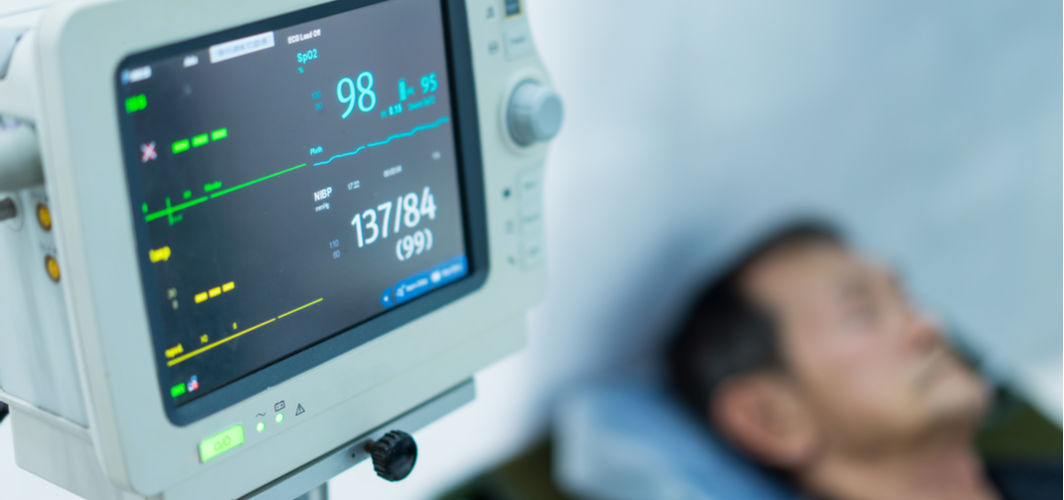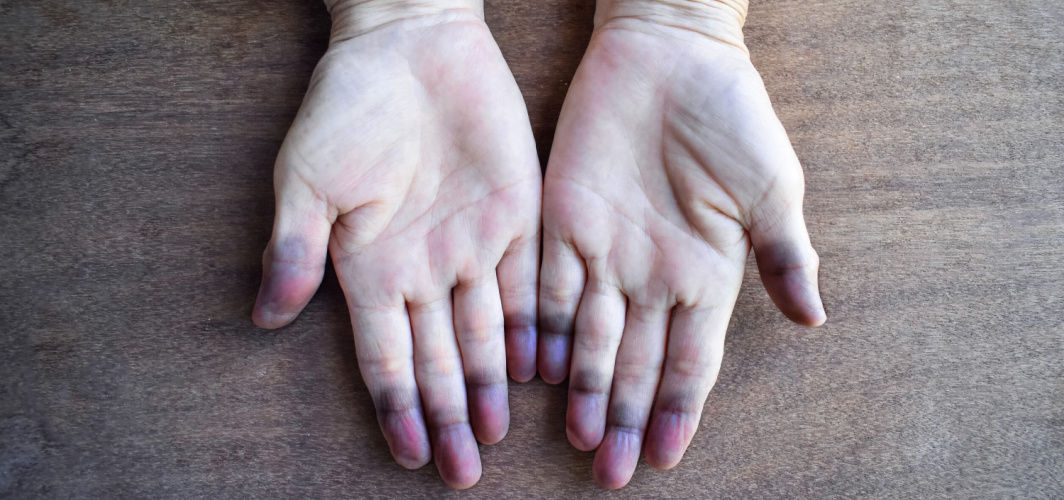Heart Conditions
Night-time Blood Pressure: What Does It Reveal?
3 min read
By Apollo 24/7, Published on - 04 December 2020, Updated on - 29 January 2024
Share this article
0
17 likes

What is nocturnal hypertension?
Study on the impact of nocturnal hypertension on heart health
- A total of 306 cardiovascular events were recorded during the course of the study. The study participants experienced 88 cases of heart failure, 99 cases of coronary artery disease, and 119 cases of strokes.
- The study found that people who recorded a nighttime systolic blood pressure 20 mm Hg more than their daytime systolic reading were more likely to experience atherosclerotic cardiovascular disease and heart failure.
- Interestingly, the study also noted that the participants who controlled their blood pressure levels with medication but experienced a high reduction in blood pressure during their sleep were at a greater risk of strokes.
Factors responsible for nocturnal hypertension
- Old age
- Obesity
- Stress
- Hypertension (daytime)
- Diabetes
- Obstructive sleep apnea
- Kidney disease
- Thyroid problems
- High salt sensitivity
How to prevent nocturnal hypertension?
- Take blood pressure medication in the evening
- Get enough sleep
- Control stress and anxiety
- Reduce the intake of salt
- Quit smoking
- Avoid caffeinated beverages and alcohol later in the day
- Manage blood glucose levels
- Avoid napping during the day
- Increase physical activity (during the daytime hours)
- Avoid exposure to blue light from digital devices.
Conclusion
Heart Conditions
Leave Comment
Recommended for you

Heart Conditions
Exercises Heart Patients Must Avoid!
Too much exercise can adversely impact heart health, especially in those who have already been diagnosed with a heart condition. Know more about the best exercises for heart patients.

Heart Conditions
7 Signs Of Heart Disease That Appear On The Skin
Heart disease is not a disorder that occurs suddenly. It tends to build itself over months and years. During this time your skin might show signs and symptoms of an underlying heart condition. You mustn't take these signals lightly and seek immediate medical care.

Heart Conditions
Warning Signs of an Imminent Heart Problem
Often, the very first sign that something is wrong with heart health is a heart attack.
Subscribe
Sign up for our free Health Library Daily Newsletter
Get doctor-approved health tips, news, and more.
Visual Stories

Can Processed Meat Increase the Risk of Chronic Diseases?
Tap to continue exploring
Recommended for you

Heart Conditions
Exercises Heart Patients Must Avoid!
Too much exercise can adversely impact heart health, especially in those who have already been diagnosed with a heart condition. Know more about the best exercises for heart patients.

Heart Conditions
7 Signs Of Heart Disease That Appear On The Skin
Heart disease is not a disorder that occurs suddenly. It tends to build itself over months and years. During this time your skin might show signs and symptoms of an underlying heart condition. You mustn't take these signals lightly and seek immediate medical care.

Heart Conditions
Warning Signs of an Imminent Heart Problem
Often, the very first sign that something is wrong with heart health is a heart attack.